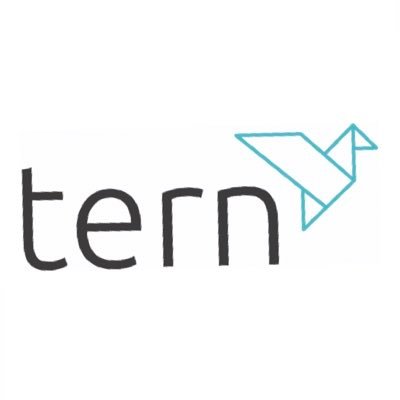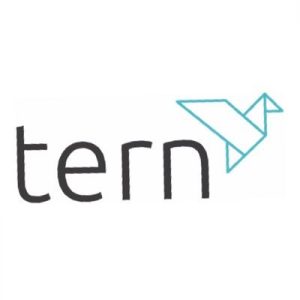As the quest for the ultimate solution to type 2 diabetes heats up, GIP (glucose-dependent insulinotropic polypeptide) and GLP-1 (glucagon-like peptide-1) agonists have emerged as game-changing treatments, revolutionising the management of type 2 diabetes and obesity. Brands such as Ozempic®, Mounjaro®, and Wegovy® are generating significant buzz, offering patients renewed hope for better glycaemic control and weight loss.
Pharmaceutical giants Eli Lilly and Novo Nordisk are at the forefront of these innovative therapies. According to JP Morgan’s research, by 2030, 9% of the US population could be using a GLP-1 agonist, potentially driving the market to over $100 billion. The increasing prevalence of these diseases, combined with the introduction of new treatments, has spurred rapid growth in the GLP-1 market, capturing the interest of many stakeholders.
The development of GIP and GLP-1 agonists for type 2 diabetes and obesity has garnered significant attention within the pharmaceutical industry. Eli Lilly and Novo Nordisk have carved out distinctive brands to address these health issues, with type 2 diabetes currently commanding a larger market share.
Novo Nordisk has developed several GLP-1 agonists using semaglutide as the active ingredient. After the FDA approved Ozempic® for type 2 diabetes treatment in 2017, it swiftly became a market leader, generating over $14 billion in sales by 2023. This medication was also repackaged and marketed as Wegovy® for obesity management. Novo Nordisk expanded its offerings further by introducing Rybelsus® in 2019, the first approved oral GLP-1 agonist for type 2 diabetes.
Eli Lilly has created a series of GLP-1 agonists with tirzepatide as the active ingredient. Unlike semaglutide, tirzepatide offers a dual-action approach, acting as both a GIP and GLP-1 agonist. Building on the success of Trulicity® (dulaglutide), Eli Lilly launched Mounjaro® in 2022 for type 2 diabetes management. Research indicates that tirzepatide’s dual-action response may provide superior glycaemic control and more significant weight loss. Eli Lilly continued its innovation with the approval of Zepbound® in late 2023 for obesity management.
The future of GLP-1 agonists is promising, with Pfizer in the late stages of developing an oral GLP-1 agonist. Concurrently, Amgen is exploring a novel approach with a GLP-1 agonist that specifically inhibits GIP receptors.
With the rising prevalence of obesity, the GLP-1 market holds substantial potential. The World Obesity Federation estimates that by 2035, one in four individuals will be obese, and another one in four will be overweight. This surge will significantly impact healthcare costs, with the global economic burden projected to exceed $4 trillion annually. This expenditure is comparable to the financial impact of the Covid-19 pandemic in 2020, underscoring the vast market opportunity for pharmaceutical companies.
JP Morgan’s study predicts that by 2030, 9% of the US population will use GLP-1 agonists, driving the market to surpass $100 billion.
The effectiveness of GLP-1 agonists in addressing obesity has brought this issue into the spotlight. High-profile endorsements from figures like Elon Musk and Oprah Winfrey have increased the popularity of these weight-loss medications in the United States. However, the limited availability of Wegovy® has led doctors to prescribe Ozempic® off-label for weight loss, creating challenges for type 2 diabetes patients worldwide.
In response to the growing demand, Novo Nordisk announced an 80% increase in their investment in Wegovy® production for 2024, amounting to $6.5 billion. As stakeholders aim to tap into the potential $100 billion market, this investment highlights the impact of GLP-1 agonists on the weight management industry and the importance of ensuring their accessibility.
The rise of obesity and its link to type 2 diabetes has driven a significant shift in the pharmaceutical landscape, with GIP and GLP-1 agonists offering a promising solution. However, the growing demand for these medications, especially for weight management, has led to supply and accessibility challenges, as seen with the Wegovy® shortage. As the industry strives to meet the needs of a burgeoning population affected by obesity and type 2 diabetes, continued investment and innovation will be vital to ensuring the availability and affordability of these life-changing therapies for all who need them.
Tern plc (LON:TERN) backs exciting, high growth IoT innovators in Europe. They provide support and create a genuinely collaborative environment for talented, well-motivated teams. The Talking Medicines mission is to be the World’s Gold Standard for Patient Intelligence by Medicine.


